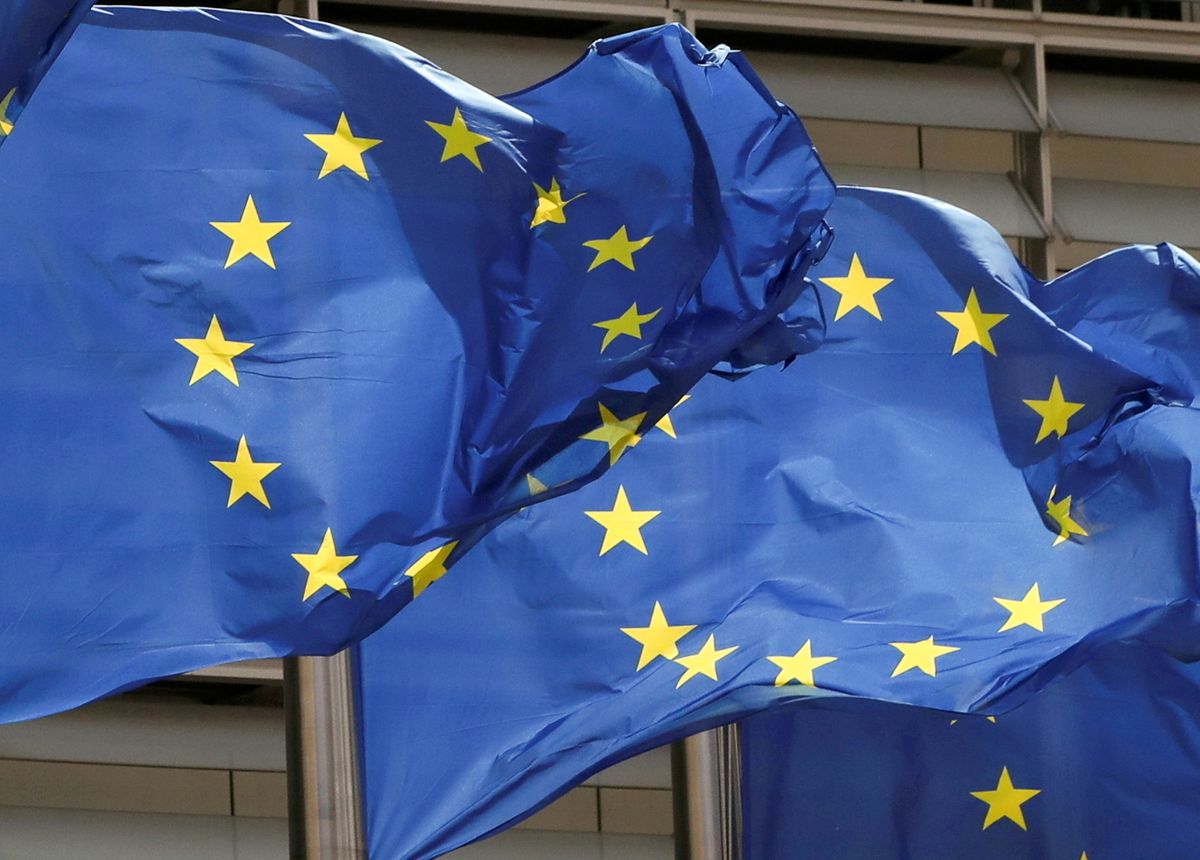The world’s first carbon border tax proposed by the European Union is likely to hit Russia the hardest but leave Chinese trade relatively unscathed, according to a joint study by two European climate think tanks.
The EU proposed in July a Carbon Border Adjustment Mechanism (CBAM), or CO2 tariff, on polluting goods from 2026, forcing some companies importing into the EU to pay carbon costs at the border on carbon-intensive products such as steel and aluminium.
The CBAM will be introduced in 2023 at the earliest before becoming fully operational in 2026, according to European Commission proposals.
The sectors covered by the scheme involve only around 3.2 per cent of the total imports coming into the EU each year, but their CO2 emissions are the equivalent of around 47 per cent of the free emission allowances now allocated to European firms.
Under the EU emissions trading system, firms are obliged to buy allowances to cover their total emissions. If they cut emissions, they can sell surplus allowances to others.
The study by the Sandbag and E3G think tanks estimated that CBAM fees charged on imported Russian products would reach 442 million euros ($521.52 million) by 2026 and 1.884 billion euros in 2035, when free carbon emission allowances in the EU are reduced to zero. The fees will mainly be imposed on steel, aluminium and fertiliser.
Ukraine and Turkey are expected to pay 870 million euros and 824 million euros respectively by 2035.
China, the world’s biggest greenhouse gas emitter and the EU’s biggest source of imports, is forecast to pay 484 million euros by 2035.
“The sectors covered by the current CBAM proposal represent 1.8 per cent of Chinese exports to Europe in 2019, in value,” the report said, adding that a potential widening of product coverage could increase the share to 5 per cent.
EU’s carbon border tax plans come at a time of rising geopolitical and international trade tensions. China has publicly criticised the proposal, saying it would hurt economic growth prospects.
However, researchers have suggested that while the price of Chinese imports would rise under the scheme, their competitive advantage would improve because the cost increases in other countries would be higher.
Researchers at Tsinghua University said in a report in May that the impact of CBAM on the Chinese industry would fade over time and there was “no evidence” it would have a long-term adverse impact on growth.







Click here to change your cookie preferences